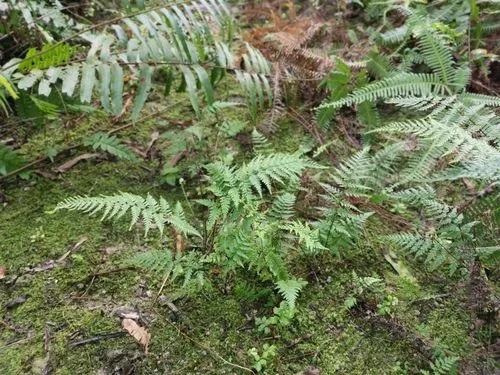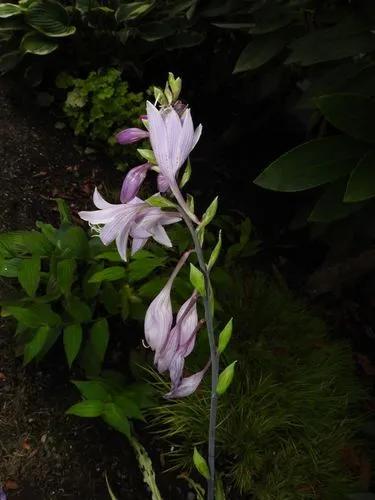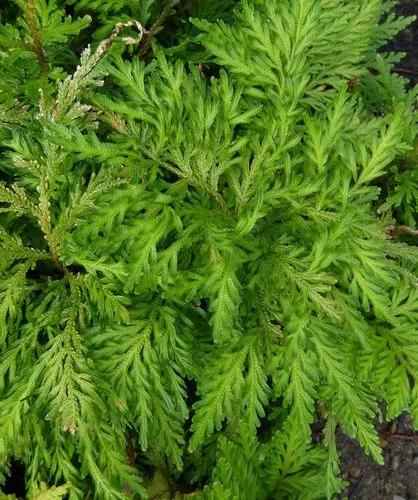Easy to grow indoors, with distinct fern leaves, these plants add natural beauty to your home while requiring little maintenance. They are a delight to veteran green thumbs as well as casual gardeners.
Kimberly Queen fern Care
Nephrolepis obliterata



Kimberly Queen ferns come from the Nephrolepidaceae family and are an evergreen species originating in Australia. They are a popular house plant worldwide and are grown easily in pots and indoors.
Nephrolepis obliterata can be identified by its light green color and remarkable fern leaves. The leaves grow outward on stems from the center of the plant, making a plumb effect. While the leaves themselves are tiny, almost rectangular notches along long stems. The closer the leaves are to the center of the plant, the larger they are.
How to Care for the Plant

Water

Water these guys around every seven days. A trick to tell if these ferns need water is to check the soil. Give your plant a drink if the top 2.5 inches of soil are dry. You may notice clay pots will require watering more frequently than plastic pots, as plastic materials tend to keep water locked in the potting mix for longer.

Pruning

You can remove dead leaves and stalks by hand or cut them with a shear. If you feel your fern is getting too big, simply cut the plant apart at the roots will reduce its size, making it more manageable.

Fertilizer

Very little fertilizer is required. You can feed your greenie once or twice a year. These leafy beauties prefer a neutral to slightly acidic fertilizer.

Sunlight

While they may look like a sun-loving plant, ferns prefer partial sun to shade (this will keep them cool, too), so make sure to keep them out of too much light, especially direct sunlight. Your best bet is a north-facing window!

Soil

A nutritious, good-quality soil is perfect for these greenies. Make sure it is well-draining, though, as they do not like to be too wet for too long.

Propagation

Remove the plant from its soil, and with your hands, gently separate the root network into two. Replace them in the soil and water to ensure continuous moisture until sprouts appear.

Temperature

Frost is extremely dangerous for these ferns, so be careful if you are in a colder climate. Generally, they prefer temperatures around 60-70°F (15.5-21°C), though they can do well in hotter temperatures.

Container

The type of container you use for your Kimberly queen fern is not particularly important as long as the pot allows at least 1 inch (2.45 cm) of room between the plant's roots and the sides of the container. Make sure the container drains well, as this will prevent overwatering.

Fun fact

Keeping Kimberly Queen ferns in your home can help with its general air quality.

Popularity

1,077 people already have this plant 212 people have added this plant to their wishlists
Discover more plants with the list below
Popular articles






